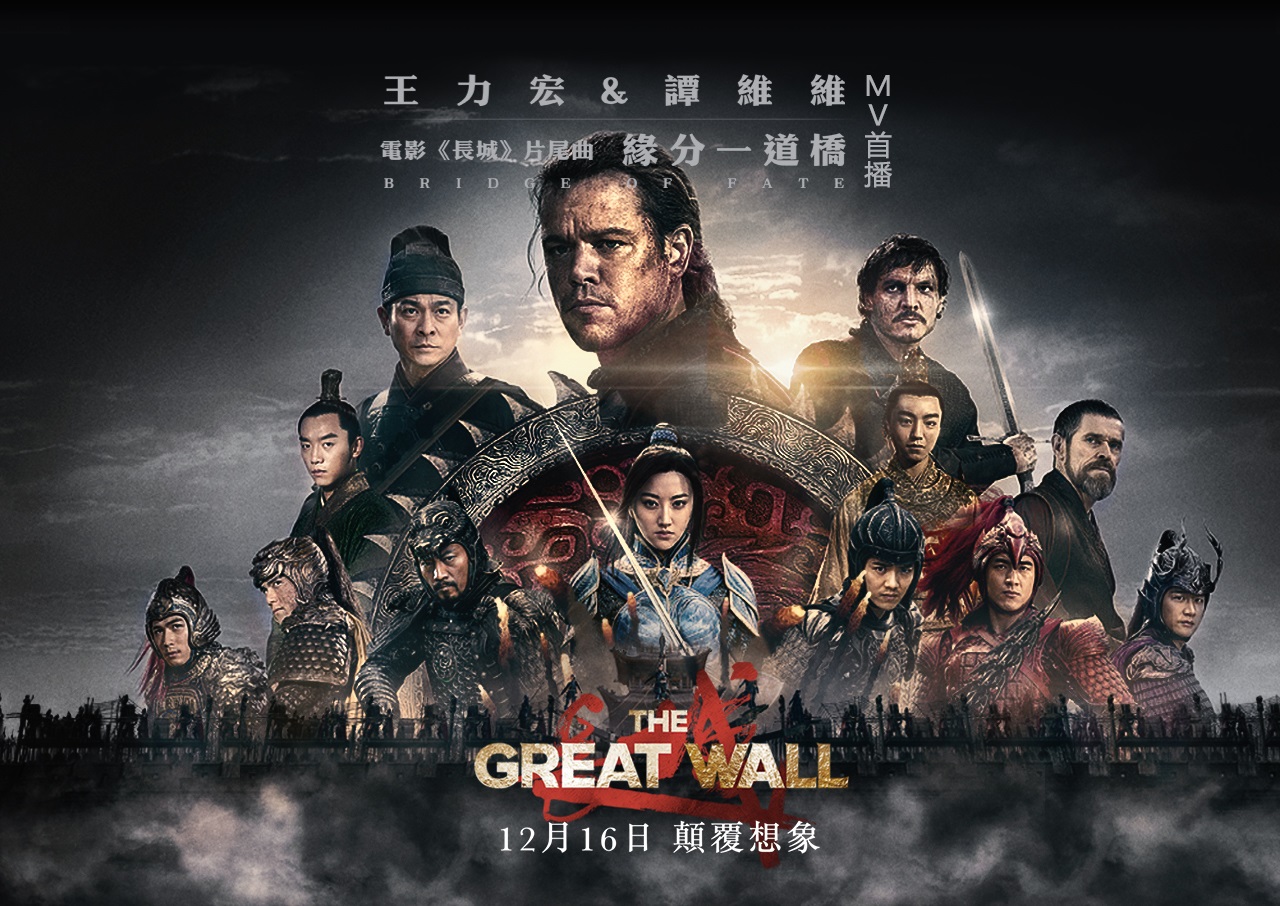
The summer movie blockbuster season is here. One thing that can be unfortunately counted on: you will not see a lot of films with patriotic views on American history being offered. There’s a reason for that.
China’s financial influence over Hollywood continues to grow, and it is neither paranoid nor inappropriate to examine what this means for the independence of America’s signature art form, and whether this is leading to a pandering by movie personnel, both in the boardrooms and in front of the cameras, to foreign interests.
The Wall Street Journal reports that “Chinese President Xi Jinping’s recent consolidation of power has placed China’s film division under the Communist Party’s Ministry of Propaganda…Until March, China’s film bureau had been part of a government agency independent of the party, the State Administration of Press, Publication, Radio, Film and Television, whose job was to regulate content, including censoring films and scheduling theatrical releases. President Xi’s decision to place film operations under party control, coming just before the all-important summer movie season, adds a new layer of uncertainty for studios already struggling to adhere to China’s complicated, fast-changing rules. In his rise to power, President Xi has understood the power of cinema, whether he is encouraging citizens to move to cities with shiny new theaters or blocking American films containing objectionable themes. The reorganization appears to formally acknowledge the role of film as a tool that must be managed by the party.”
China is far more sophisticated than the old Soviet Union, or even Vladimir Putin’s Russia, in its bid to expand its influence and gain a domineering presence across the planet. While the USSR and today’s Russia lean heavily on military strength, Beijing’s rulers fully understand the concept of “soft power,” and that includes the extraordinary role that movies play in shaping the opinions and perspectives of people across the planet. This applies particularly to the United States, where movies retain a key role in popular culture.
Hollywood moguls, never known for their moral standards, will now pander even further to Chinese censors for two main reasons. First, they do not wish to offend a potential big-bucks investor in their industry. Chinese companies have invested $4.5 billion in Hollywood assets. Second, the lure of selling tickets to China’s billion-plus citizens inhibits them from producing films that Beijing censors will keep out of the world’s most populous nation.
Business Insider notes that “Hollywood studio productions will… increasingly be made by China—or rather, by Chinese companies investing in Hollywood.”
An NBC Today review notes that “If you got to a movie theater right now, there’s a pretty good chance that the film you see will have been partially financed in China.” Correspondent Ronan Farrow outlined how that influences the scripts of the movies Americans watch.
The appetite for films in China’s largest-in-the world population is vast, and even those Hollywood studies not financially dependent on China have a significant financial interest in producing movies that appeal to their worldview.
Politico provides another example of the interrelationship between Chinese companies buying major stakes in Hollywood and Beijing’s political goals. Dalian Wanda is a Chinese firm that has intimate ties to the Chinese Communist Party, and it is intent on making major purchases of Hollywood assets. Politico asks “For American moviegoers, the peril lies in the unseen. Would a war movie called South China Sea ever play in one of Wanda’s theaters? What about an action flick with a Chinese villain?…When you control the movie experience, you can subtly influence public opinion. And the Chinese government — Wanda’s staunch supporter — has been transparent about that goal. The Communist Party has banned or currently bans thousands of books deemed controversial. It heavily censors the Internet, while Facebook and Twitter remain prohibited in China — one of the reasons Freedom House ranked it a more restrictive society than Iran and Saudi Arabia.”
Frank Vernuccio serves as editor-in-chief of the New York Analysis of Policy and Government.

















Follow Us